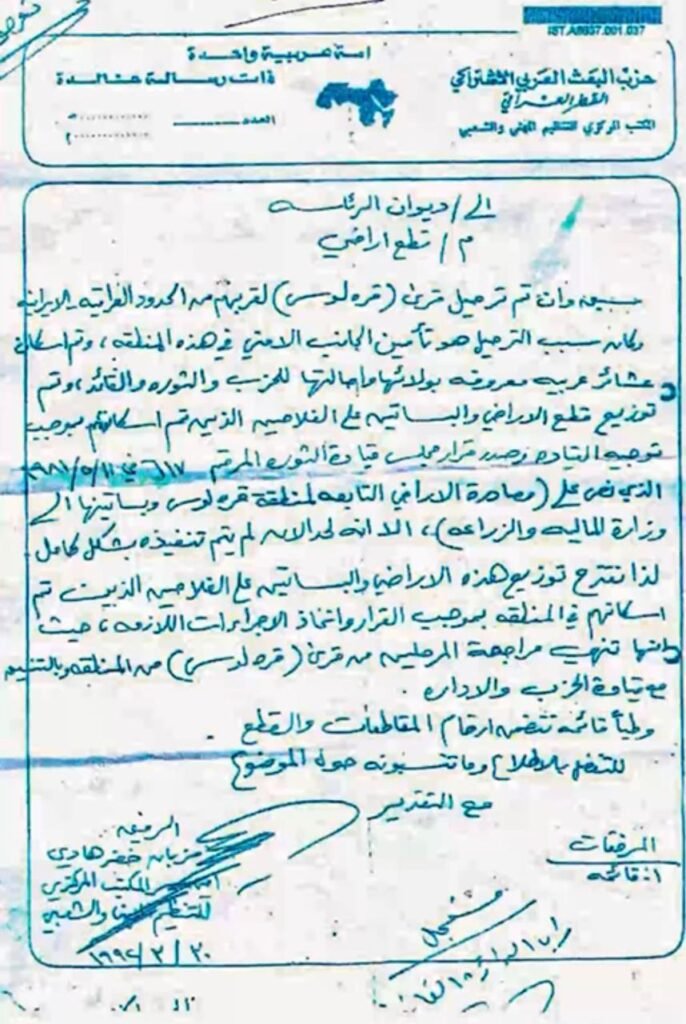Recorded or written history describes historical events documented in writing or other forms of record, which are then evaluated by historians and researchers using historical and academic methods. Historical documents can take the form of scrolls, laws, official letters, reports of wars and destruction or reconstruction, and abuses of power by extremists or influential groups. These documents hold historical significance for any country and nation and Illuminates the everyday lives of ordinary people and society with rulers during the era in which they lived.
The history of documents and the preservation of archives on genocide, war crimes and crimes against humanity plays a crucial role in identifying, preserving, and transmitting truths and evidence to future generations. This is particularly important in societies that have undergone periods of genocide.

Below, the importance of this topic is explained as an introduction with key points highlighted:
1. Historical Record: Documentaries and archives provide the means to accurately and comprehensively record events, testimonies, and documents related to genocide. This recording prevents historical manipulations and preserves facts for future analysis.
2. Education and awareness: Archives and documentaries serve as valuable educational resources for informing about the consequences of genocide and the importance of human rights. They allow individuals to learn from past experiences and gain a deeper understanding of the implications of hate and prejudice.
3. Combatting Denial: Accurate archives and documented documentaries play a crucial role in combating the denial and distortion of genocide. They act as definitive evidence that can be used in courts and international forums.
4. Cultural Identity Preservation: Documentaries and genocide archives aid in preserving and reconstructing the cultural identity of affected communities. They prevent the erasure of cultures and histories, allowing survivors to reclaim their roots and values.
5. Supporting Justice and Reconciliation: Documentaries and archives can contribute evidence to support legal processes and justice-seeking efforts. They also facilitate meaningful dialogues for reconciliation and mutual understanding among different communities.